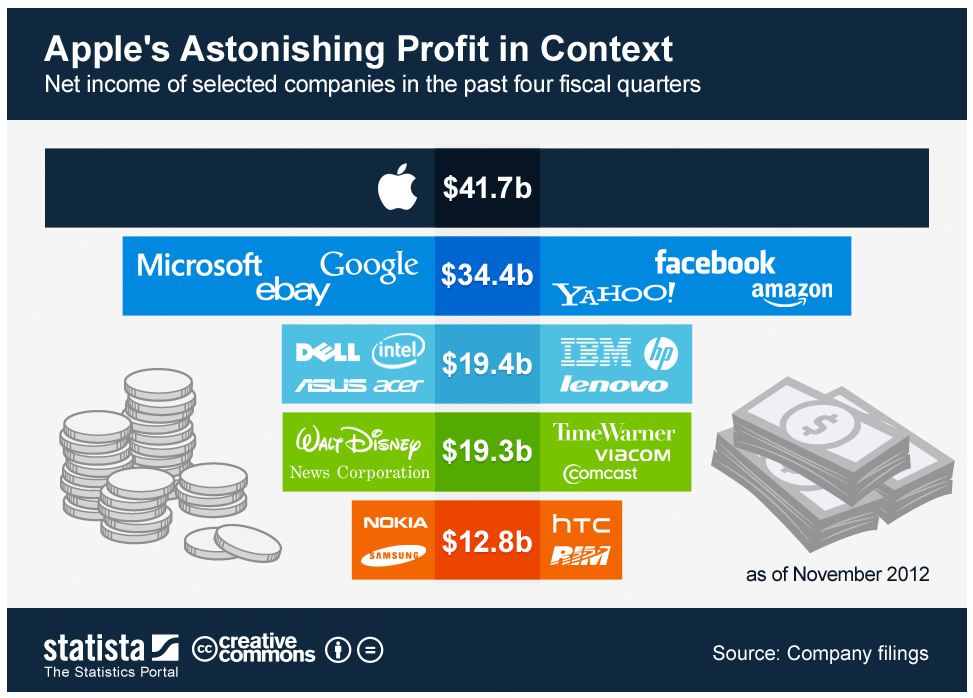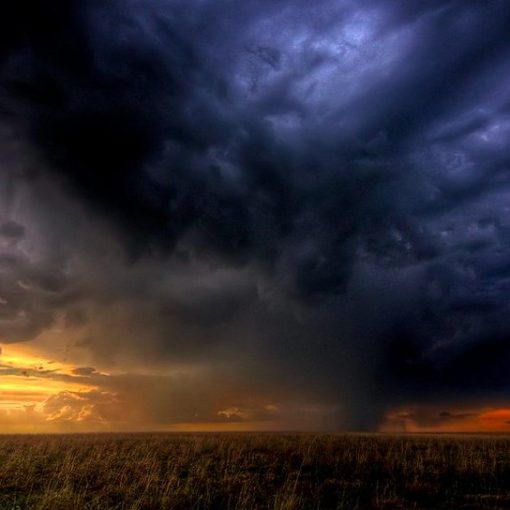By Carlo Maximilian Funk, EMEA Head of ESG Investment Strategy and Elliot Hentov, Ph.D. Head of Policy Research, State Street Global Advisors
State Street Global Advisors is closely watching events and markets as we seek to guide our clients through the investment challenges presented by the Russia-Ukraine crisis. In this commentary, we’ll provide our current views in response to some of the most urgent questions we’ve received related to environmental, social, and governance (ESG) issues.
Conflicts of this nature typically have devastating effects from a social (“S”) perspective and well as from a governance (“G”) perspective. How have ESG assessments changed regarding Russia at the country level?
Several specialized ESG research houses have massively downgraded Russia from a general ESG perspective (some to the lowest possible rating) and assigned the most severe classification from an ESG governance perspective to the Russian state. Additionally, we have seen a general ESG downgrade being applied to all companies in the MSCI Russia IMI index, as well as to companies domiciled in Russia.
How do the consequences of war (e.g., human rights violations) impact exclusionary screening?
Any exclusion decisions in the context of the Russia-Ukraine crisis need to be viewed in connection with sanctions being applied. To do otherwise would be unethical; we can’t discriminate against any region. That said, State Street has suspended the purchase of Russian securities in all portfolios for the foreseeable future.
Additionally, we do have exclusionary policies in place for many of our mandates and products that are driven by ESG research parameters – like potential violations of societal norms or the exclusion of certain business activities. This type of exclusion is regionally agnostic.
What economic or financial consequences will social and governance assessments have on companies in Russia or abroad?
Today, it is hard to foresee the exact consequences, but current sanctions and the fact that, as mentioned, Russia is expected to be excluded from many policy benchmarks, will make the region de facto uninvestable – which will have dire consequences for Russian companies when viewed from the perspective of international investors. It will also be interesting to see if Russia exposure could become a factor in the future computation of ESG scores, but it is too early to know at this point.
Russia is a large oil and gas exporter. Regarding the environmental (“E”) component of ESG and the global climate change challenge, how will the invasion of Ukraine and resulting sanctions affect the energy sector?
We believe that the acceptance rate of nuclear and natural gas as long-term bridge fuels is a lasting outcome of the conflict. This outlook is driven by economics and energy security considerations, rather than by any specific decision to change the EU energy taxonomy. Regulatory softening with regard to decarbonisation timelines is also a potential follow-on effect.
That said, decarbonisation initiatives may ultimately be boosted due to the desire for more independence from fossil fuels. Remember: more than 90% of global GDP are net energy importers, and more than 90% of global emissions are now covered by net zero pledges. Those pledges will support the renewable energy space, so this crisis could lead to an acceleration of geopolitical tailwinds for renewables. In some ways, this could assuage worries regarding potential excess investment in, and potential oversupply of, renewables, which are critical to a net zero pathway.
The US shale sector could be a major and sustained winner from the crisis, especially in the context of the European liquified natural gas (LNG) shock. Similarly, the entire value chain around LNG (and non-Russian natural gas) is also likely to enjoy a boom phase.
The global energy market needs to be re-evaluated. Russian production growth had been weakening, but with sanctions in place the contraction will likely be much more pronounced (even accounting for potential Chinese investment). The conflict could further raise the price floor on global oil prices.
COVID-19 was a global shock event, and you argued in 2020 that the pandemic would be an accelerator for climate initiatives.1 Are there any similarities that can be seen coming from the Russia-Ukraine crisis?
I think the short-term focus will be on energy security, so it is only normal that people will default to legacy energy sources for that security. However, we think this will be a short-term phenomenon and that net energy importers, especially those who depend on Russian oil and gas, will accelerate their renewables programs to become more independent more quickly. This will trigger a strong focus on, and further accelerated investment in, renewables.
This post first appeared on March 8th 2022 on the State Street Global Advisors BLOG.
PHOTO CREDIT: https://www.shutterstock.com/g/Pcess609 Via SHUTTERSTOCK
DISCLOSURE
Investing involves risk, including the possible loss of principal. Diversification does not ensure a profit nor guarantee against a loss.
This material represents an assessment of the market environment at a specific point in time and is not intended to be a forecast of future events, or a guarantee of future results. This information is not intended to be individual or personalized investment or tax advice and should not be used for trading purposes. Please consult a financial advisor or tax professional for more information regarding your investment and/or tax situation.



